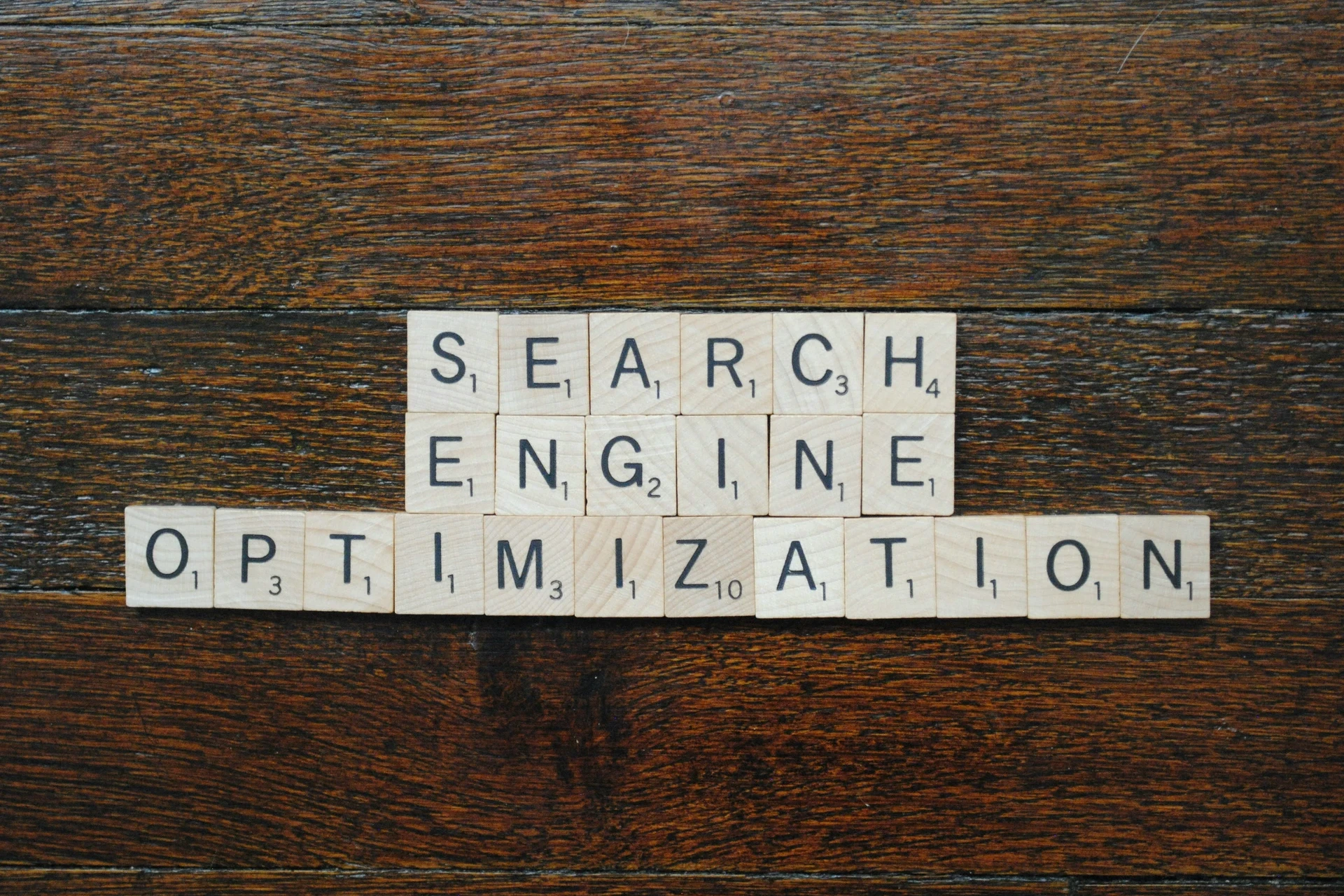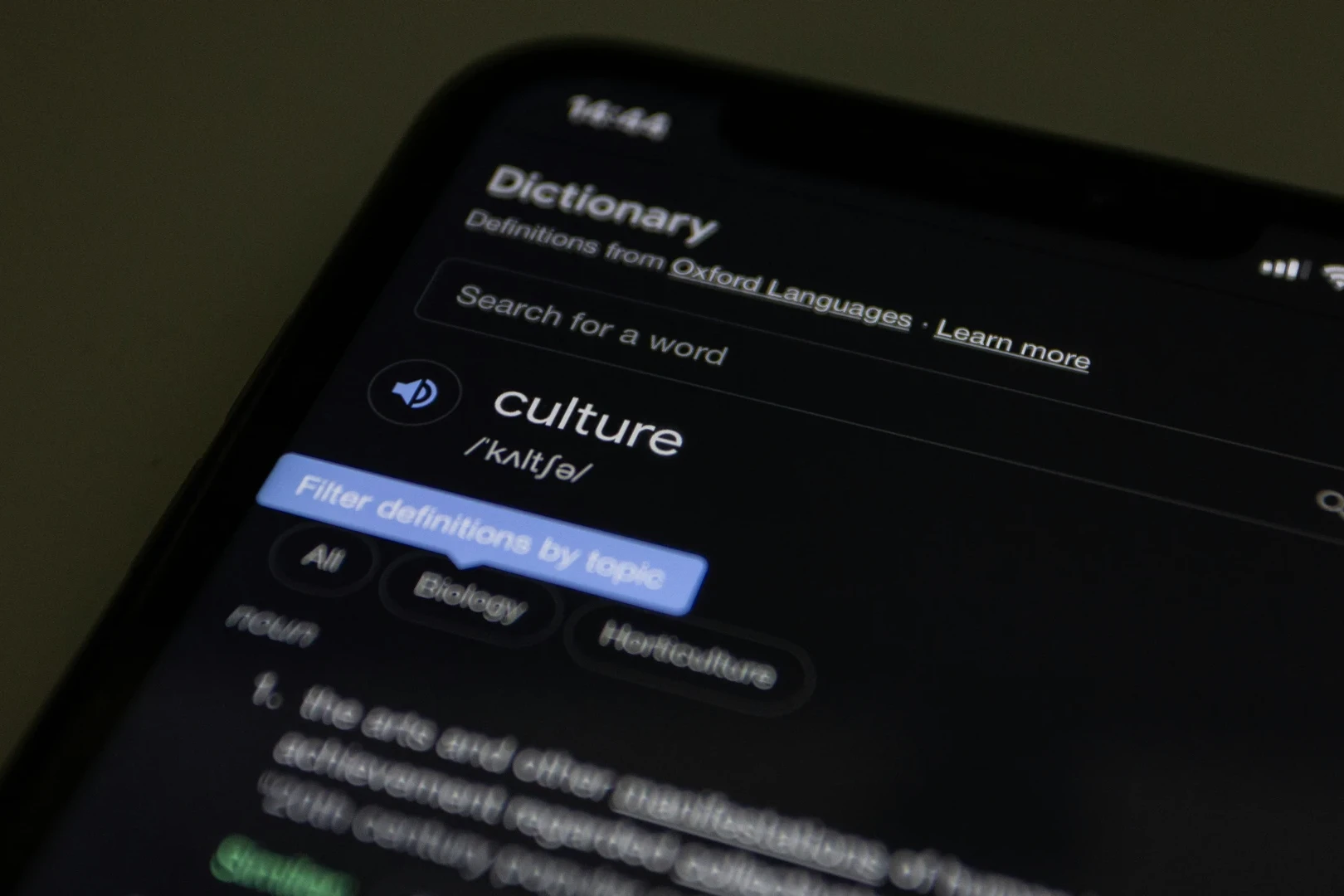There’s been a lot of talk about robots and artificial intelligence replacing human jobs, from box office workers to cashiers. Could editors be next? While it may sound like science fiction, the reality is that computer programs have already written books, and many online articles could be generated by intelligent software.
Thanks to AI, content creation has evolved dramatically, enabling text to be produced quickly and data to be analyzed efficiently. However, what truly sets human writing apart is the creativity, emotion, and nuance that only humans can convey. Copywriters need not worry: in this article, we offer 5 reasons why.
1. Emotional connection with the client
Most customers prefer not to interact with faceless machines. Despite the rise of automated checkouts, the fact that supermarkets still employ cashiers says something. There will always be those who value human connections over convenience. One of the key advantages of human-created content is its ability to incorporate emotion. A content writer can tap into a customer’s feelings, encouraging purchases while building trust between the brand and the consumer.
No matter how advanced your software may be, it can never replicate the full range of emotions expressed by a human being. Computer-generated content will always come across as clunky, robotic, and monotonous compared to content crafted by individuals. This could ultimately make customers feel less inclined to trust the brand.
2. Critical thinking
AI relies solely on available online resources to provide information and make decisions. In contrast, human writers use critical thinking to solve problems through various cognitive processes. This enables them to analyze and synthesize information from a wide range of sources, integrate different perspectives, and generate a variety of potential solutions.
Critical thinking is essential in writing because it allows writers to evaluate information accurately, recognize assumptions, and identify potential flaws or inconsistencies. Additionally, writers possess the ability to communicate their ideas clearly and engagingly. Their skill in selecting the right words and constructing coherent texts enables them to convey complex concepts in an understandable way, while taking the reader on an emotional or intellectual journey.
3. Building your brand identity
Have you ever heard a robot tell a joke? Definitely not. No matter how advanced AI-generated content becomes, it will never grasp fundamental elements like tone of voice and brand identity. It’s in your best interest to build a strong reputation with your customers, whether you’re a tech-savvy company, a bustling grocery store, or a cozy downtown hotel.
A human copywriter can gain a comprehensive understanding of your brand and write accordingly. In contrast, a computer can only perform tasks it’s been trained to do. The result is often the same bland copy churned out for thousands of other businesses, which is unlikely to help you stand out in a competitive market.
4. The right content at the right time
Repetition of AI-generated content can harm your brand and negatively impact SEO. Generic and repetitive content may come across as unprofessional and irrelevant to your target audience, while search engine algorithms reward original, high-quality content.
Sticking with generic content without staying up-to-date on current events can cause your website to appear outdated and irrelevant. On the other hand, incorporating seasonal content—such as gift ideas or festive recipes during the holiday season—can capture your audience’s interest and boost your search engine rankings, making your site more relevant.
5. Compliance with Google’s guidelines
Running a business and managing a website can be challenging, which might make it tempting to take shortcuts and rely on machine-generated content instead of human-created content. However, this approach can negatively impact your website’s ranking on search engine results pages.
It’s important to note that automatically generated content violates Google’s guidelines, and Google may penalize pages that use this practice. AI-generated content is considered just as problematic as other tactics like keyword stuffing, cloaking, or implementing sneaky redirects, as outlined in Google’s own guidelines.
In short, the concern that editors may be replaced by machines is understandable. However, it’s important to remember that while machines can be powered by human knowledge, no algorithm will ever replicate the unique ability of humans to tell stories and convey emotions. The poetry hidden in words remains a distinctly human prerogative.
8 Luglio 2024

